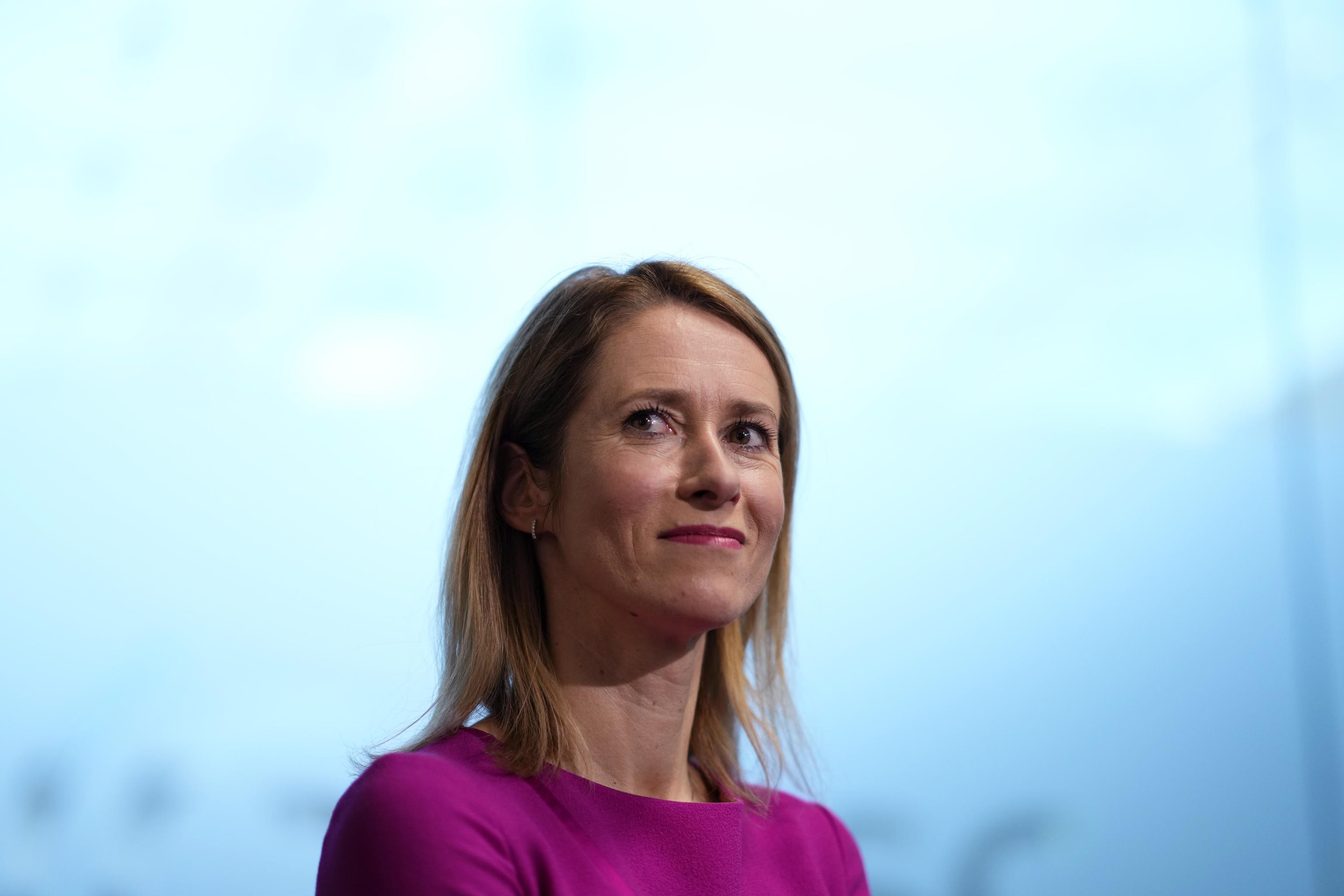"President Trump is right in saying that we do not spend enough. It's time to invest". Kaja Kallas, High Representative of the Union for Foreign Affairs and Security Policy, has been clear and emphatic this Wednesday in Brussels in the face of the repeated criticisms of the new US President towards Europe for its low spending in this area and also for the EU's inability to defend itself.
"Last year, the EU Member States dedicated on average 1.9% of their GDP to Defense. In contrast, Russia allocates 9%", Kallas emphasized during her intervention at the annual conference of the European Defence Agency. She chose a very relevant and appropriate forum to convey the message, adding that "Europe's inability to invest in its military capabilities sends a dangerous signal to the aggressor."
The statements of the European diplomatic chief, who succeeded Josep Borrell, are significant because they show that the new Commission wants countries to invest more in Defense. The 1.9% mentioned by Kallas still does not reach the 2% already considered a minimum in NATO, and it is far from the upcoming levels to which the minimum will surely be raised.
Some reports have indicated that Trump will demand an initial target of 5% within the Alliance to actually reach a figure close to 3.5%, a number that still remains far from European averages. Therefore, and also due to the threat from Russia, Kallas wanted to make it clear that Europe will strongly prioritize Defense spending.
"The EU's message to the United States is very clear: we must do more for our own Defense, and bear a fair share of the responsibility for Europe's security," she emphasized.
Kallas' appointment as High Representative by the President of the European Commission, Ursula von der Leyen, was already significant as she comes from Estonia: a country that not only borders Russia but is the second-highest spender on defense in NATO, allocating 3.43% of its GDP.
The first is Poland, which exceeds 4%, and precisely its Prime Minister Donald Tusk has argued that Trump's criticisms should be seen "as a positive challenge because only an ally can wish another ally to be stronger."
"Some may think it is extravagant or malicious to say that we should spend up to 5% of our GDP on security matters, but in today's times, Europe cannot afford to skimp on security. I am the Prime Minister of a country that is investing almost 5% in its security and not only in its own, but in the security of all of Europe," he pointed out from Strasbourg in statements collected by EFE.
